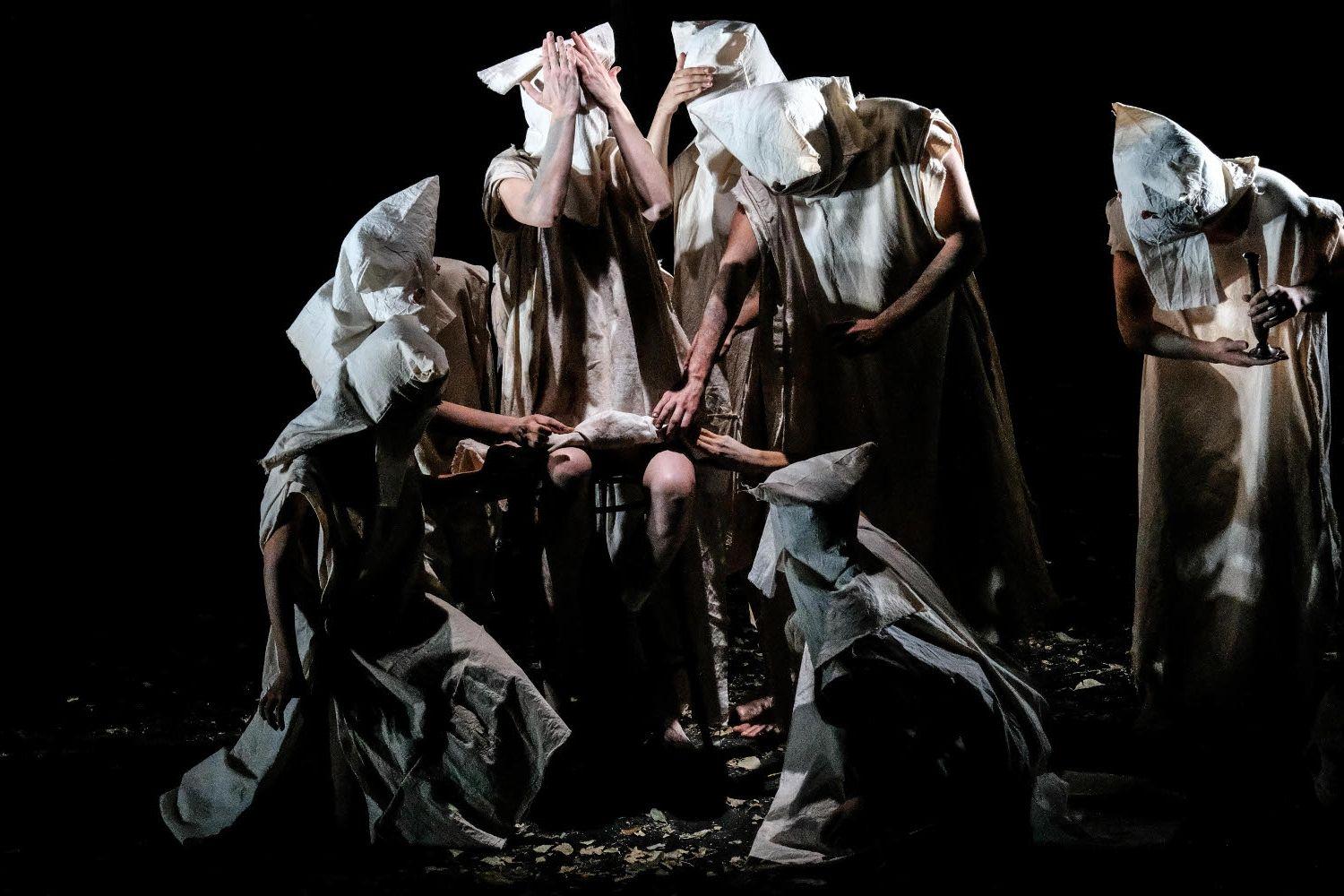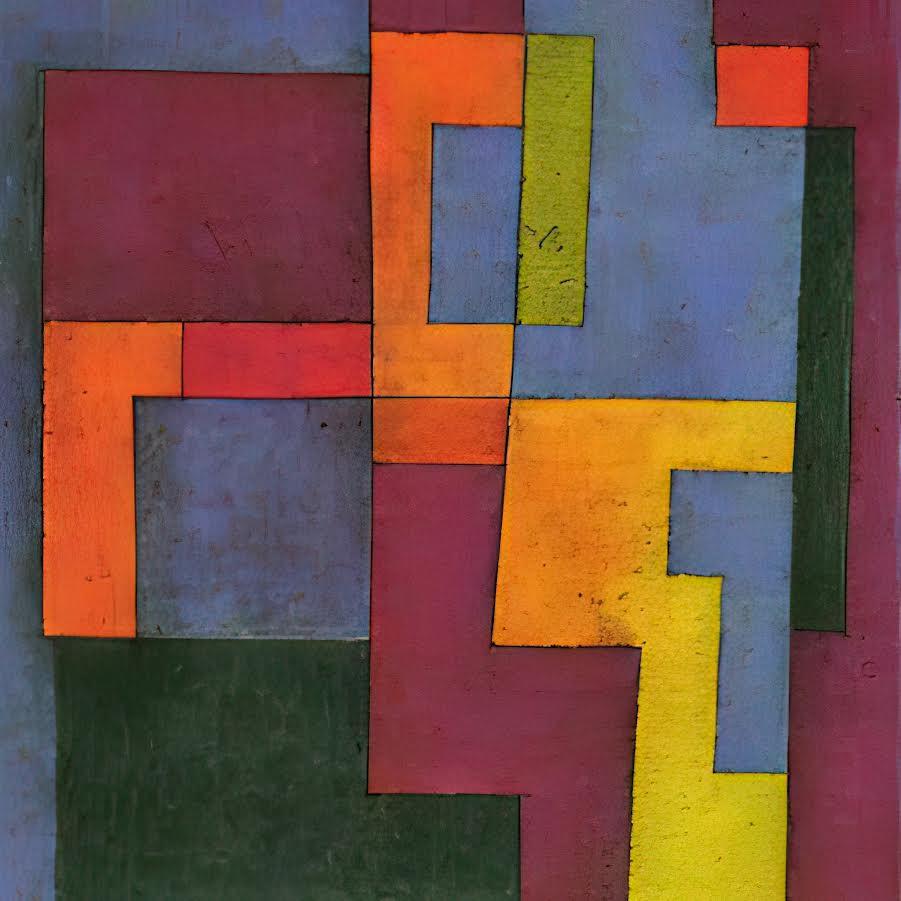Traitor
completedPlayOn!

SummaryTraitor is an interactive theatre production in which audience members become participants with the help of a mobile phone application, though which they can interact live with the story. The topic of the show is the dilemma of increasing surveillance technology: freedom or security, do we prefer to be monitored 24/7 by cameras everywhere for our safety, or do we have the right to live with the risk of freedom? Our privacy is at stake. We operate many digital elements simultaneously in the show, which is not only part of the visual elements but also vital in this production. The whole
story is about the importance of our personal responsibility and decision-making that the audience members are forced into – thanks to immersive technology. The dramaturgical and visual form of the production becomes the central element of the “message” of the play.
___________________________________________________________
A Kolibri Theatre production as part of the Creative Europe project PlayOn! in collaboration with the University of York
Introduction
The main question was how to integrate an immersive digital tool into an production. Our focus was to find a strong connection between the technology used in the production and the theme of the performance.
We use a mobile phone application that allows the audience members to participate in the performance: they vote about the storyline, help the main character through the app, and discover locations relevant to the story.
Giving some choices about the storyline into the hands of the audience members pushed us to discover how to structure a story with multiple subbranches but still keep it as one. Another new territory was to discover how to make audience participation simple, interesting, relevant, and playful.
Creative Process
How did the collaborators work together on this project?
At the start, we have created working groups. Since Teatr Ludowy was interested in working with a voting app in their production (1984), too, we started to discover the possibilities together with them. We had involved Ben Kirman from the University of York as an expert, who had worked on a similar app (O Bando: Football) that allowed the audience members to vote during the show. At one point in the preparation phase, Teatr Ludowy decided to use an existing voting app (reaction.link) but we (Kolibri Theatre) continued working with Ben Kirman, who, in the end, created the app for the production from scratch. In the following months, we worked on the script and the app in parallel, developing them together
What forms of trial-and-error occurred?
In order to make sure that all audience members have an undisturbed, technically relaxed way of participating in the show, we decided to buy as many phones as big as the auditorium is (40 people) and set up all these phones with the app. Finding suitable phones, operating them remotely, and figuring out why some phones are delayed or don’t react at all from time to time was a big challenge. We went through many technical fine tunings and testing before we could finalise the application.
Did you use existing software and/or applications?
It was all developed by Ben Kirman (University of York). We wanted to use the app (not only simple voting) for all the different purposes, but we could not find any existing software. By having our own software, we had more freedom artistically, too.
What were the key milestones in the development of the production?
We started to work on the script written some years ago for another production with quite a different setting (Traitor by Esther Richardson and Cecilie Lundsholt, 2017). After having decided that we had to change many elements in the script to make it work in our venue using a mobile phone app (replacing the interaction that was intended in the original script), we started working with a playwright (Attila Eck) to transform the script.
The next step was deciding about the application and discovering what possibilities it would give us regarding interaction and storytelling. We worked parallel on the app and the script, and we involved the designers too; set and costume designers, and the visual designer of the application.
We needed a lot of pre-recorded video footage. First we had to script them, and we made some trial recordings to rehearse with them. Once the script, the app and the set were finalised, we had four weeks of rehearsal - mainly in the venue. We had a pre-premiere in June 2022 and the official premiere in October 2022. The production is in the repertory of Kolibri Theatre and was played 25 times until the end of May 2023.








Reflections
The creators and Kolibri Theatre are satisfied with the outcome of the production. The production was a challenge in many ways: mainly technically and because of its content. After fine-tuning the age group (we moved it from 14+ to 15+), the production runs successfully, evoking big debates among young people after the show at our regular outreach programs.
In what ways was the production a success?
The critical reception of the production is very positive, and interest for the production is more extensive than what the theatre has expected. We played it 25 times this season and will continue in the next season too. But our major success is that the production can provoke our young audiences and lead to fruitful discussions about responsibility and decision-making.
What elements of the final production would you change?
I think the script focuses too much on the production's content and deals too little with the background of the characters. I would change and extend that to create more three-dimensional characters, which are not 'only' representing some issues connected to the topic in the production.
What advice would you give to artists taking a similar approach?
Give yourself enough time to work on the software and find the right balance between the usage of technology and the content of the production.







